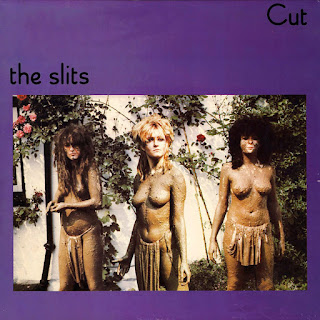257. Dolly Parton, "Coat of Many Colors"

Way before Dolly was DOLLY, an icon of not just country music but American culture writ large, she was a working (extremely hardworking - 15 albums in 4 years around the time of this one) country songwriter and musician and singer, and this album is a perfect snapshot of this era. Unlike most country artists (and probably most pop artists), she wrote almost all the songs on this album herself, with some offerings from Porter Wagoner, her longtime collaborator and possibly unfulfilled romance. The title song is a classic, a true story about Dolly's impoverished childhood and how her mother sewed her a coat out of rags that she wore to school, only to be teased by other kids. Lots and lots of country artists have songs about their hardscrabble childhoods, but this is one of the most affecting and maybe even defiant you'll ever hear. Dolly swears it's true; you can even see a reproduction of the titular coat at the Chasing Rainbows museum at Dollywood in Pigeon Fo...





